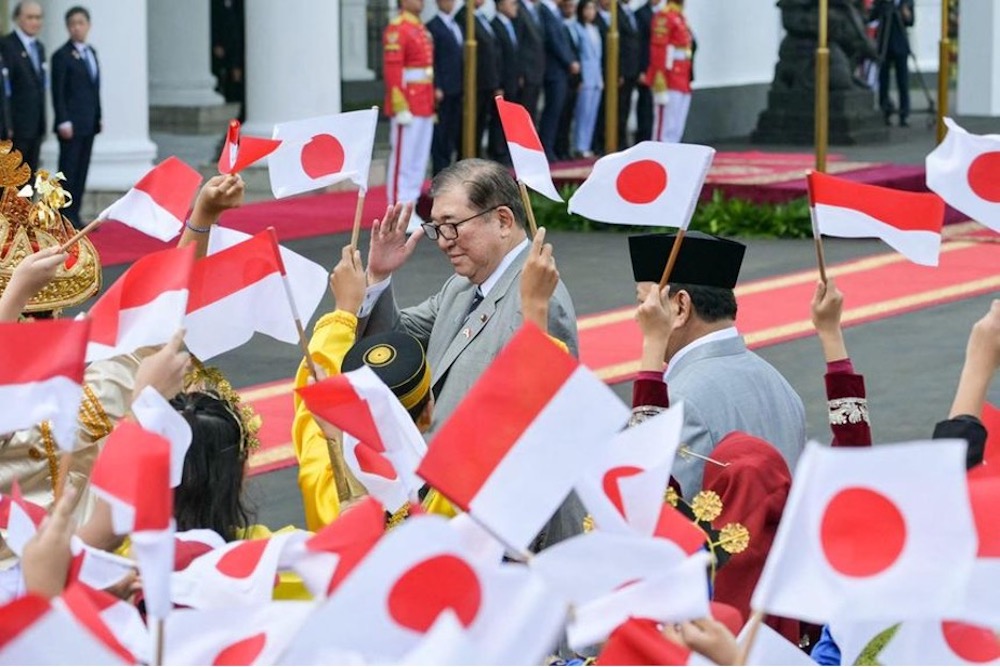Japanese Prime Minister Shigeru Ishiba, on a four-day visit to Malaysia and Indonesia ending Jan 12, sought to deepen military, economic and energy security ties as China’s influence in South-east Asia loomed large.
The significance that he chose these countries as his first destinations for bilateral summits since taking office in October 2024 was not lost on many, given that there are signs that both are deepening their ties with Beijing.
Speaking to reporters with Indonesian President Prabowo Subianto beside him, Mr Ishiba himself alluded to this on Jan 11: “The international situation is becoming more complex and uncertain.
“Nevertheless, South-east Asia remains the centre of global growth with stable economic development, so enhancing collaboration in this region is a priority for Japanese diplomacy.”.
He had made a similar point in Malaysia on Jan 10, alongside Prime Minister Anwar Ibrahim.
Malaysia chairs the ASEAN grouping for 2025, while Indonesia is home to the 10-member bloc’s largest population and economy.
Both countries are also strategically located along the Strait of Malacca, through which many cargo shipments pass through en route to Japan, making them pivotal to ensuring the freedom of the seas in Japan’s Free and Open Indo-Pacific vision.
Dr Taizo Miyagi of Chuo University told The Straits Times that while the relationship that Japan has built with Asean since the end of World War II has been a “great asset for its diplomacy”, Japan’s presence in the region has inevitably weakened relative to China’s.
Choosing to visit ASEAN first – as had former prime ministers Shinzo Abe and Yoshihide Suga – sends the message of Japan’s commitment to the region’s growth and future, he added.
